Sitting Shiva in the time of Covid
Sitting shiva for mourners is one of Judaism’s most profound customs—and one of the customs most disrupted by Covid.
Grief is one of the few things in life that is completely unexplainable—no amount of rationality or distraction takes away from the pain one feels when they lose a loved one. However, the role of community is critical in the healing process, and the concept of shiva in the Jewish faith recognizes that. Sitting shiva, widely regarded as one of the most profound customs in Judaism, purposefully sets time aside for one to work through the grieving process surrounded by family, friends, and community members. However, Covid-19 has stripped the Jewish community of the ability to gather together and be there with those who are mourning, leaving mourners with little to no support system.
Jason Ablin, an educational consultant for Northwest Yeshiva High School, lost his mother to Covid in the beginning of the pandemic and felt extremely unsupported. Not only was it difficult to figure out the logistics—booking a flight to visit his mother in the hospital was nearly impossible, as travel was practically banned, and planning the funeral arrangements was an excruciating task due to early Covid restrictions that affected the way the funeral could be held. In the end, only four or five people were allowed to be at the gravesite during the funeral, so his wife and distant relatives were forced to stay in the car and watch the ceremony from a distance.
Due to heavy social-distancing protocols, Ablin couldn’t hold a regular shiva: he was forced to sit shiva on his own, while his friends and family attended through Zoom. This lack of in-person connection caused Ablin to feel detached to those around him, because although he acknowledges that his loved ones were trying their best to be supportive, there was only so much consoling they could do through a screen. Ablin admits that even over six months later, he still struggles to fully come to terms with his loss–the absence of a support system left a gaping hole, and made the healing process slower and more excruciating.
For others, however, this year’s changes have provided unforeseen opportunities. Jeff Meisel, who lost his mother in June, was able to hold onto some sort of normalcy within this tragic situation. Because Covid cases were on a slight decline at the start of summer, Meisel says that he and his family “successfully were able to do an outside funeral and we did have people there, but everybody was required to have masks and social distance.” In fact, Meisel was one of the first people in his neighborhood to host an in-person shiva during the pandemic. “I had a minyan that people davened in, but it was strictly in the backyard,” he said. The fact that Meisel was able to have company to help him through shiva left him feeling very fortunate. “[Shiva is] a long week, it’s very tense, and you’re out there, you know, I was out there the whole time, pretty much, so we did allow people to come…but we told people not to bring any food or anything like that.”
Meisel’s open shiva didn’t bring light just to his situation. “I had a few friends that lost their parents along the same time, so it allowed them to come and say Kaddish as well, because at the time all shuls were closed.”
Even through these improved circumstances, Meisel still felt the loss of not holding a regular shiva. “You know, it’s funny because during those times of funerals and sadness and sorrow, especially among friends, people want to come and they want to hug you, and you got to say ‘no, you’re not supposed to.’ You have to start correcting them, and it can get a little bit awkward with a few people.”
Abby Brockman, who works in the spiritual care department at the Seattle Children’s Hospital, has seen firsthand how Covid-19 has drastically changed the grieving process for families across the board.
“It used to be that, you know, the end-of-life patients, you can have nearly unlimited visitors…I don’t even know if there was a cap,” Brockman explained. But because of Covid restrictions, the number of visitors allowed to visit their loved ones decreased immensely. In some circumstances, this restriction led to heartbreaking decisions. “Imagine [that] your child gets a medical emergency and gets taken by the ambulance, he’s rushed to the hospital, and then you have to decide which parent gets to go in with the child,” she said. “It was excruciating.”
Brockman has seen firsthand how integral community is during difficult times and the toll it takes on the griever when that support system is ripped away. “When your community is taken out of the equation, it kind of leaves a hole in the psyche,” she said. Covid stole our sense of community, and as a result, there’s a “ felt sense of loss and of not being able to really go through the process of grieving.”
So, is there really something we can do to help our mourning loved ones? “In general, grief tends to be a very isolating time, because people are so scared that they don’t know what to say…so they say nothing,” Brockman said.
“I think this time has shown us that there’s an opportunity to make the most out of every connection,” Brockman continued. “I think kind of embracing the imperfect and the messy and saying like, ‘Yes, I know, you don’t get to show up in the way you want to show up…but you can show up in some way and imperfect is okay, too.’”

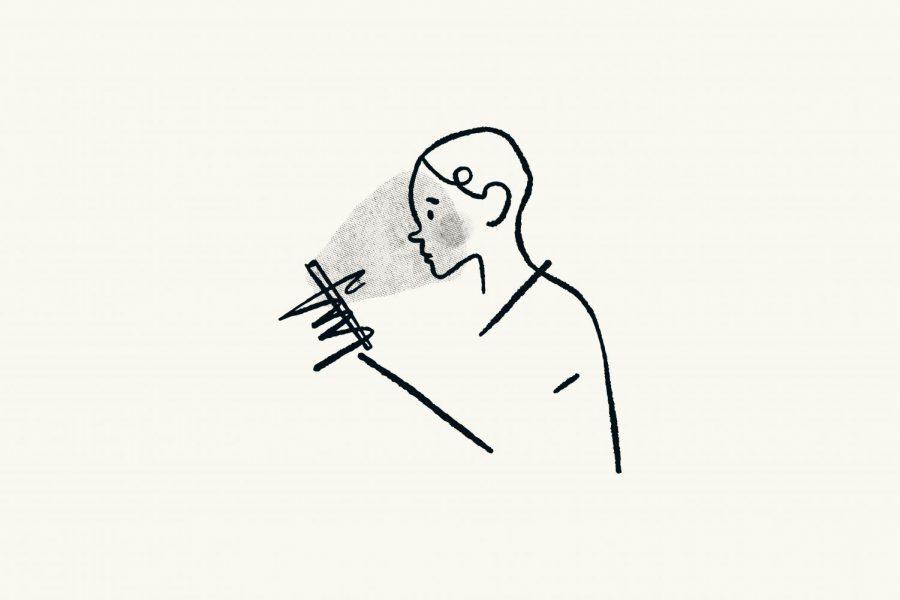


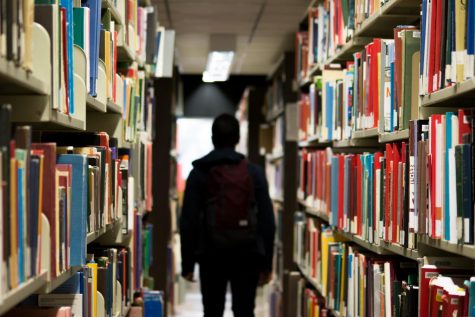
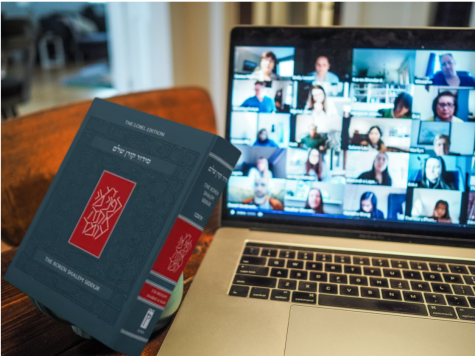
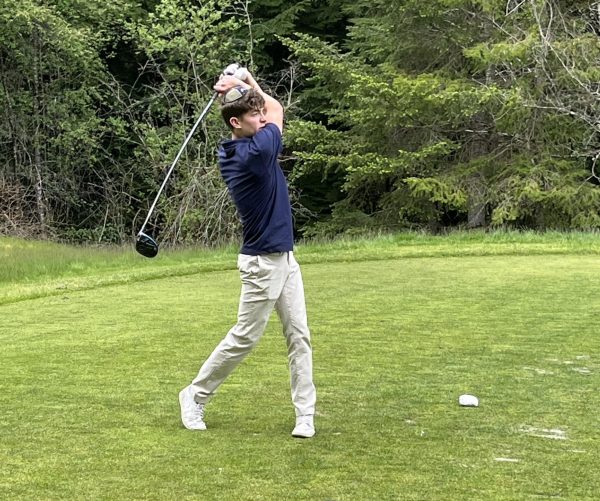
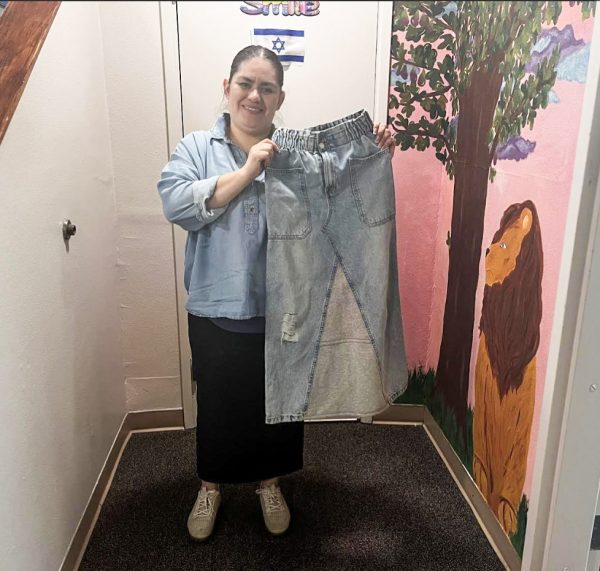
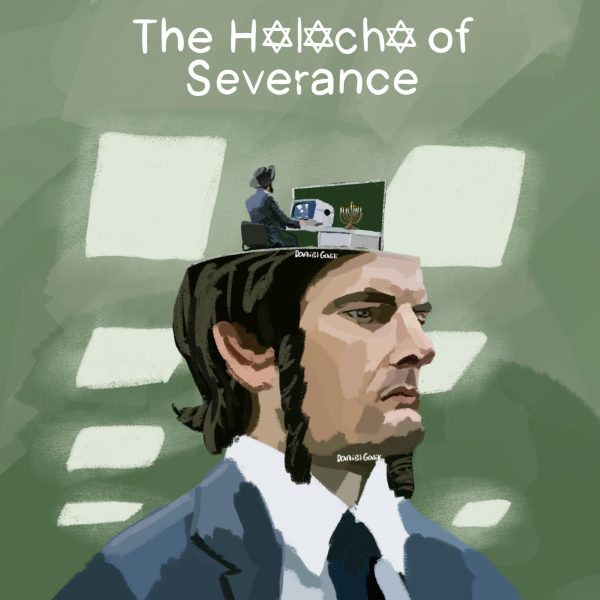
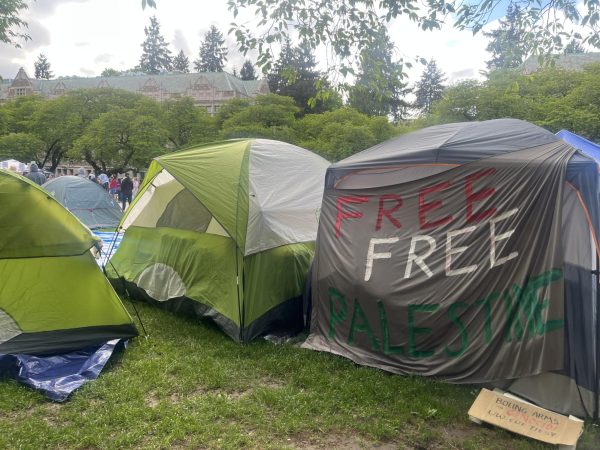

Donfeld • Mar 12, 2021 at 3:22 pm
Galit, mazel tov on a compassionately brilliant pierce. I enjoyed reading it, here in Malibu, California. Keep up your writing skills. They will well serve you in the future. Shabbot Shalom.
Jeff Donfeld
Zelle • Mar 8, 2021 at 11:16 pm
Great article, Galit!